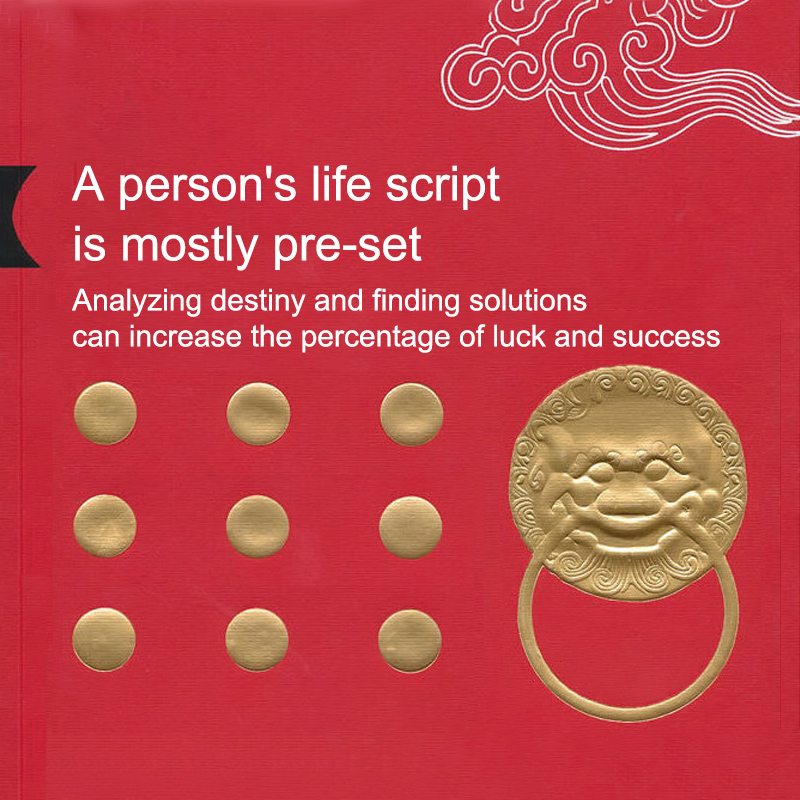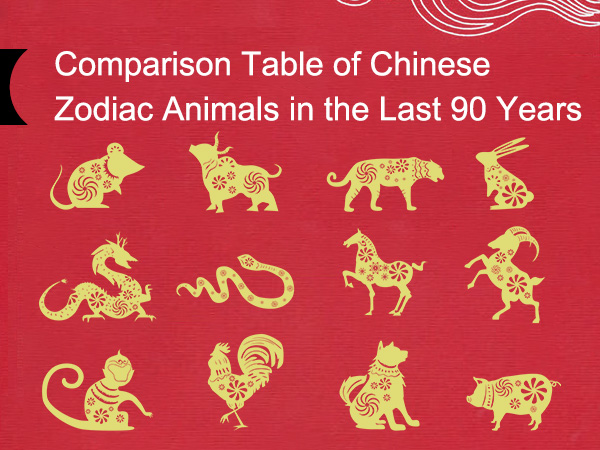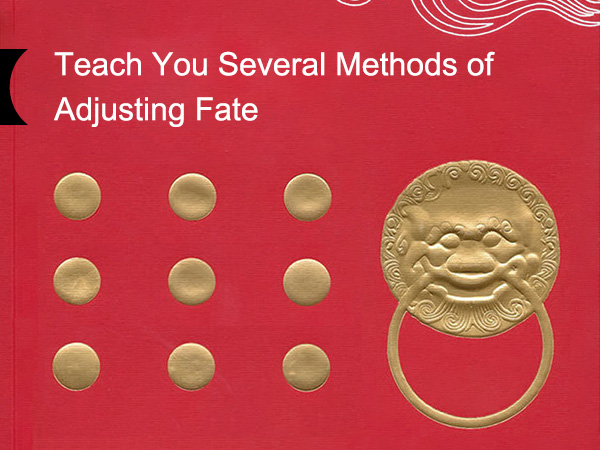A person’s life script is mostly pre-set.
Analyzing destiny and finding solutions can increase the percentage of luck and success
Fate comes first, followed by luck and then feng shui. Next are accumulating virtuous deeds and reading books. After that are name, appearance and respecting gods. Making valuable connections and maintaining good health come last.
This old saying reflects the profound understanding and exploration of fate by people.
I. Fate (一命)
“Fate” is often understood as the predestined part that one is born with. It includes one’s birth date and time, family background, genetic factors, and so on. To a certain extent, fate determines a person’s starting point and potential development direction. For example, those born into wealthy families may have inherent advantages in material resources and educational opportunities, while those born into poor families may face more difficulties and challenges. However, fate does not completely determine a person’s destiny. It only provides a basic framework.
II. Luck (二运)
“Luck” refers to the changes in a person’s fortune throughout life. Luck is not fixed but fluctuates over time. It is influenced by various factors, including personal choices, efforts, and changes in the external environment. When luck is good, things often go smoothly and there are more opportunities. When luck is bad, one may face various setbacks and difficulties. But people can influence the direction of luck to a certain extent through positive actions and correct decisions. For instance, a person who works hard and continuously learns to improve themselves in their career is more likely to seize opportunities and achieve greater success when luck is on the rise.
III. Feng Shui (三风水)
Feng shui is a traditional environmental theory that believes the energy field and layout of the environment can affect a person’s fortune. Good feng shui can bring positive energy and an atmosphere, promoting the development of aspects such as a person’s health, career, and interpersonal relationships. For example, choosing a living environment with abundant sunlight and good ventilation or arranging the office space reasonably can create a good feng shui atmosphere. However, feng shui is not a mysterious supernatural force. It mainly exerts its influence by affecting people’s psychological states and living habits.
IV. Accumulating Virtuous Deeds (四积阴德)
Accumulating virtuous deeds means doing more good deeds and helping others without expecting anything in return. Accumulating virtuous deeds is believed to bring blessings and rewards for oneself and future generations and improve one’s fate. Kind acts not only benefit others but also bring a sense of satisfaction and peace to oneself. This positive attitude and behavior will attract more positive energy, thus having a positive impact on personal fortune. For example, people who often participate in public welfare activities and care for vulnerable groups are often respected and loved by others and are more likely to meet noble people who can help them in life.
V. Reading Books (五读书)
Reading is an important way to improve personal qualities and abilities. Through reading, people can acquire knowledge, broaden their horizons, develop thinking abilities, and cultivate moral character. Knowledge can change destiny. A learned person can better analyze and solve various problems and thus create more opportunities for themselves. Reading can also cultivate sentiment and let people have higher spiritual pursuits and moral standards.
VI. Name (六名)
The name to some extent also affects a person’s destiny. A good name can bring positive psychological hints, enhance self-confidence, and be easier for others to remember and recognize. In traditional culture, the selection of names often combines factors such as the five elements and eight characters to expect good fortune. But in modern society, a name is more of an identifier and symbol, and its influence is relatively small. However, an appropriate and meaningful name can still affect a person’s image and interpersonal relationships to a certain extent.
VII. Appearance (七相)
Here, “appearance” not only refers to one’s physical appearance but also includes aspects such as a person’s temperament and demeanor. A person’s external image and temperament can reflect their inner character and cultivation. A good appearance and temperament can leave a good first impression and be more easily liked and trusted by others in social and professional settings. At the same time, by paying attention to shaping one’s own image and improving one’s cultivation, one can enhance self-confidence, change one’s mindset and behavior, and thus have a positive impact on destiny.
VIII. Respecting Gods (八敬神)
Respecting gods is regarded as a kind of belief and spiritual sustenance in traditional culture. It can bring spiritual comfort and strength to people, making them more firm and brave when facing difficulties and challenges. However, respecting gods is not blind worship but rather viewing religious beliefs with a rational and objective attitude. In modern society, respecting gods is more about the pursuit of morality and values and the longing for a better life.
IX. Making Valuable Connections (九交贵人)
Noble people refer to those who can give help, support, and guidance in life. Making connections with noble people can bring more opportunities and resources for oneself and accelerate personal growth and development. Noble people may be elders, leaders, friends, or strangers. To make connections with noble people, one needs to have good moral character, abilities, and interpersonal relationship handling skills. At the same time, one should also learn to take the initiative, actively expand one’s network, and show one’s talents and values at the right time to attract the attention of noble people.
X. Maintaining Good Health (十养生)
Maintaining good health is an important means to keep the body healthy. Only with a healthy body can one have enough energy to pursue a career and enjoy life. Maintaining good health includes reasonable diet, moderate exercise, good sleep habits, and other aspects. Through maintaining good health, one can enhance physical fitness, prevent diseases, and improve the quality of life. In modern society, people pay more and more attention to maintaining good health because health is the foundation of all happiness.
In conclusion, this saying reflects people’s thinking and exploration of fate. It emphasizes the influence of multiple aspects such as innate conditions, acquired efforts, environmental factors, moral cultivation, knowledge learning, interpersonal relationships, and so on. Although some viewpoints in it have a certain traditional color, in modern society, we can still draw useful inspiration from it and strive to create a better future through positive actions and correct choices.





